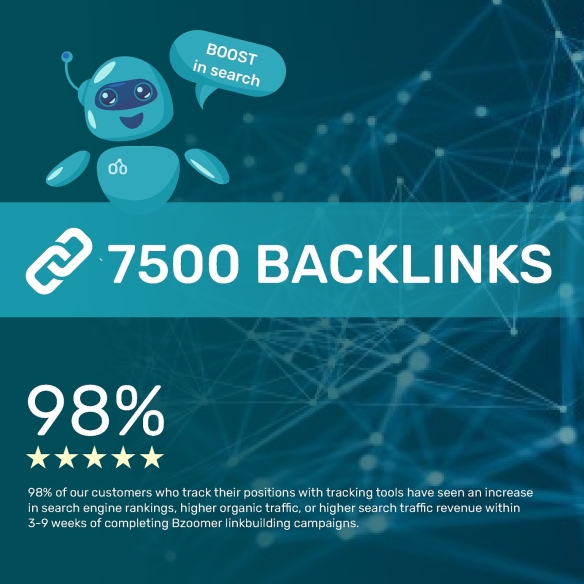Navigating through the complexities of government departments can be daunting for any business, especially when it involves critical functions like employment, taxation, or benefits administration. The Employment Development Department (EDD) is a crucial agency that businesses frequently interact with, whether it's for managing unemployment insurance claims, dealing with state payroll taxes, or accessing job service programs. Understanding how to effectively contact and communicate with the EDD is vital for ensuring smooth operations and compliance with state regulations.
Understanding EDD's Role for Businesses
How to contact edd. The EDD offers a range of services that are integral to business operations. These include:
- Unemployment Insurance: Handling claims and ensuring compliance with state regulations.
- Disability Insurance: Managing short-term disability insurance (SDI) and paid family leave.
- Employment Tax: Overseeing state payroll tax collection and compliance.
- Workforce Services: Providing recruitment assistance and training resources for employers.
Preparing to Contact EDD
Before reaching out to the EDD, it's important for businesses to be prepared:
- Gather Necessary Information: Have your business's EDD account number, employer payroll records, and employee details at hand.
- Identify the Correct Department: Depending on your need, identify which EDD department is the most relevant.
Contacting EDD: Multiple Avenues for Businesses
1. Phone Contact:
- Dedicated Business Lines: EDD provides specific phone numbers for business-related queries. These lines are typically less congested and staffed with representatives knowledgeable in business needs.
- Call Timing: Phone lines can be busy; calling early in the morning or later in the day can reduce wait times.
2. Online Services:
- EDD’s Website: The EDD website is a comprehensive resource offering detailed information, forms, and direct online services.
- E-Services for Business: This online portal allows businesses to file reports, make payments, and manage their EDD account online.
3. Email and Mail Correspondence:
- For non-urgent or detailed queries, using email or postal services can be effective. Ensure you include all relevant details and reference numbers.
4. In-Person Visits:
- While most EDD services are accessible online or via phone, some issues might require in-person visits. Check the EDD website for office locations and hours.
Tips for Effective Communication with EDD
- Be Clear and Concise: Whether on call or in writing, present your query or issue
clearly and succinctly to facilitate a quick resolution.
- Keep Records: Maintain records of your communications with EDD, including reference numbers, dates, and the name of the representative you spoke with.
- Follow Up: If your issue isn't resolved in the first contact, don't hesitate to follow up. Persistence is key in dealing with bureaucratic processes.
Utilizing External Resources
- Professional Assistance: Sometimes, it might be beneficial to seek help from accountants or legal professionals who specialize in employment and tax matters.
- Business Organizations and Networks: Engaging with local business organizations or online forums can provide additional insights and tips on dealing with the EDD.
Effective communication with the EDD is crucial for businesses to manage their employment and tax-related responsibilities efficiently. By understanding the services offered by the EDD, preparing adequately for contact, utilizing multiple communication channels, and following best practices for engagement, businesses can ensure smoother interactions with this important government entity. Remember, staying informed and proactive is the key to successful dealings with any government department.


